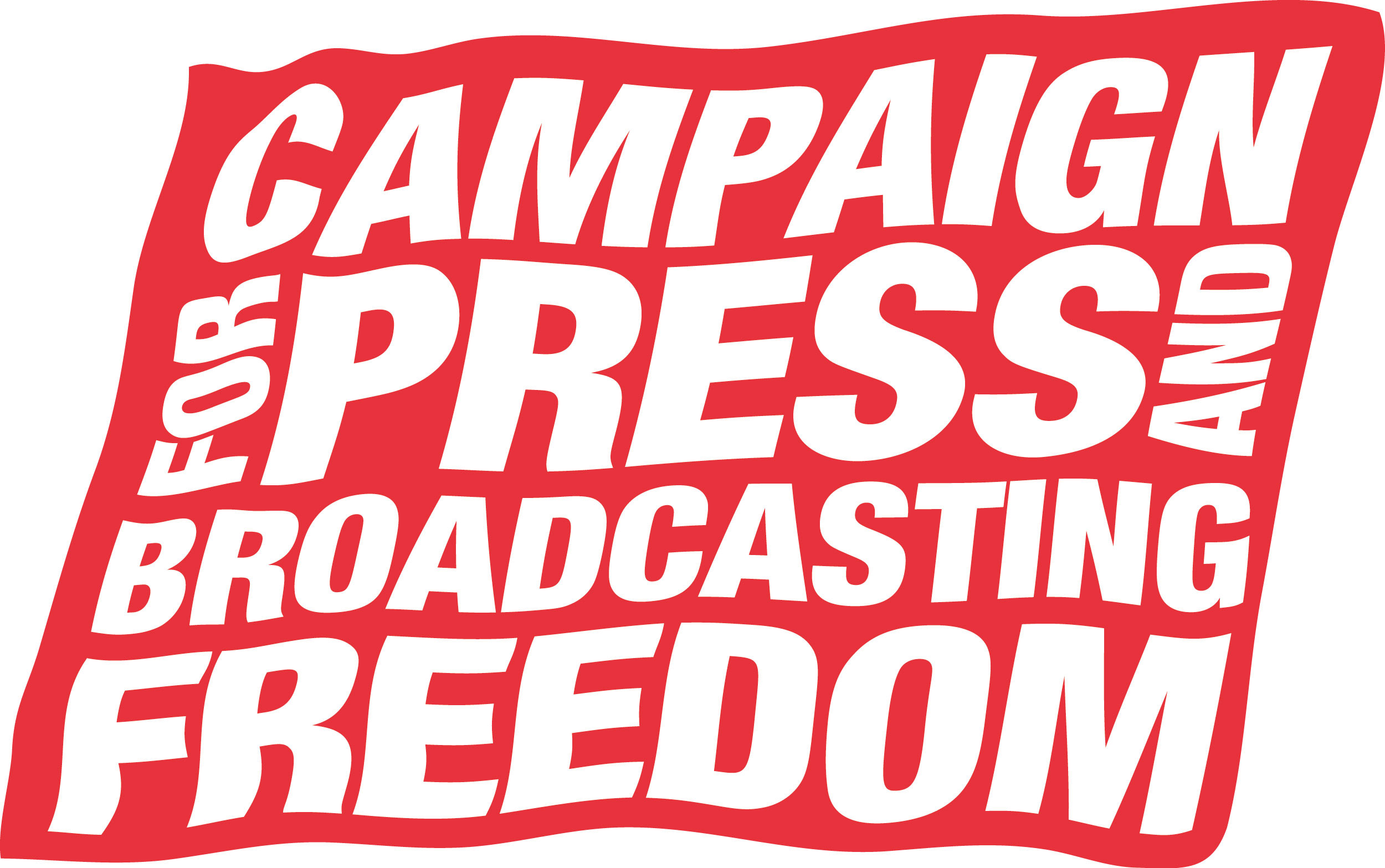by Tom O’Malley
By the 1970s, with the ever-increasing power of television and the sharp turn to the right in the tabloid and quality press, there grew a powerful sense amongst trade unionists, the women’s movement, anti-racists, the gay rights movement and the Labour party that the media needed reform.
As far as I know, the CPF, founded in 1979 was the first attempt in the UK to establish a popular, democratic campaign for media reform. Many other media reform organisations have grown up since.
None has had the popular orientation, democratic focus, and breadth of campaigning which has been the hallmark of CPBF, in spite of the excellent work they have done.
Over the years, the Campaign combined a great many things. It brought together people working on the ground who were either affected by or worked in the media, with academics who saw the media as an important part of society which should be subject to critical scrutiny and democratic accountability.
It reached out to and involved communities of interest in workplaces and marginalised groups to help make the issue a real issue. It provided a network through which people could share and develop ideas and strategies of change.
The areas in which it has intervened and helped shape the debate are many: contempt of court, women’s rights, anti-racism, gay rights, the coverage of war, the ownership of the media, the nature and purposes of public service broadcasting, the questions of privacy and the obligations of media organisations to promote truthful accounts of the world.
It has argued that media policy should not be the preserve of the few in Whitehall, lobbied and influenced by the media corporations who now spend fortunes influencing governments from Whitehall to Washington. Through all of this, it has relied on the hard work of a great many people associated with the organisation.
The work of the CPBF has to go on – even if the CPBF does not. Not a day goes by without a further incidence of media distortion in the press, broadcasting and social media.
The Labour and trade union movement should put its weight behind supporting work on media reform, work which reaches out to their members. The need to develop policies for a Labour government, and also the need to hold such a government to account in these matters, remains urgent.
The hard fact is that media reform needs resolute action by a future Labour government. It is only through the combined weight of popular campaigning inside and outside the Party and with trade union support that change is likely to come.
This article was first published in CPBF’s journal Free Press No 216.

Leave a Reply